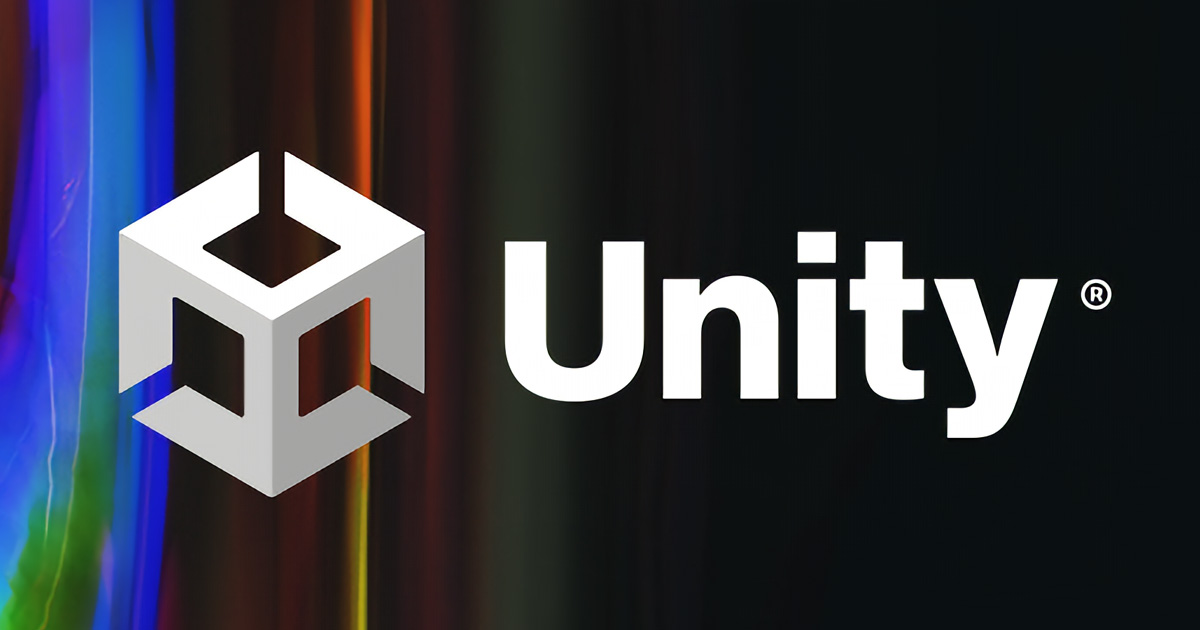Unity has increased the cost of corporate tariffs. What is the reason? How do developers react?
On October 13, corporate tariffs for using Unity will increase. According to the company, it “has not raised prices for almost three years.” The developers are not thrilled.
How will the price tags change?
Important: the situation with the Personal (it is free) and Plus tariffs ($399 for an employee license) will remain the same for now.
At the same time, the cost will increase:
- Unity Pro from $1800 to $2040 per year, and the monthly payment will grow from $150 to $185;
- Unity Enterprise as a whole has a changing payment structure (previously the price was on request), but, according to the Game Developer, it is correct to talk about an increase in the price tag by $600 — up to $ 2,400 per year;
- Unity Industrial Collection will grow from $2,520 to $2,950.
What is the difference between Unity tariffs and who are they for in general?
- Unity Personal is a plan for solo developers and small indie teams whose revenue for the year is less than $ 100 thousand. Contains the necessary set of tools for creating games for PC and mobile.
- Unity Plus is for teams whose annual earnings are no more than $200 thousand. A significant difference from Personal is integration with services for collaboration on the product and advanced error detection capabilities.
- Unity Pro — this tariff is for teams with annual revenue of more than $ 200 thousand. Only starting from the Pro subscription level, teams get access to the source code of the engine and the ability to prepare builds for consoles.
- Unity Enterprise is an advanced Pro version for large teams that need constant support and the ability to significantly upgrade the engine.
- Unity Industrial Collection is a package of solutions for industry teams.
How do the company explain the rise in price tags?
Unity believes that the new price tags reflect the current cost of the product. Over the past three years, during which prices for Unity services have not changed, R&D expenses have increased by 172%. They say it’s time to compensate them.
Unity also noted that such spending “has significantly improved workflows, rendering algorithms and platform support in Unity 2021 LTS.” Simply put, the company believes that the increase in the quality of the product justifies the increase in its price tag.
How expensive is Unity compared to other solutions?
Comparing the engine rates directly is not entirely correct, since the service packages vary. However, we note the following:
- the basic Unreal Engine license remains free until the moment when the revenue from the game reaches $ 1 million (for all time), after which Epic Games begins to take a royalty of 5%;
- the Unreal Engine Enterprise license, which, as it seems to us, is an analogue of Unity Pro, will cost $ 1,500 per year (the cost of the Unreal Engine Custom tariff is not specified);
- One of Unity’s central competitors for working on two—dimensional games — Cocos2D – is completely free.
How did the developers react to the increase?
The first reaction is expected to be negative.
“I switched to Godot and I don’t plan to return to Unity. Offering a solution at such a high price, you expect a certain level of quality… But we’re talking about Unity. Its developers are not even able to fix the input system… And they still expect that people will pay even more for it,” the programmer writes under the nickname Wilfre on Twitter.
“Yes, I’m just working on a project and I want to get access to the source code of the engine. The price is crazy. I’m thinking about switching to Unreal 5 while there is such an opportunity. After all, they only ask for $ 1,500 for an Enterprise license there,” the developer under the nickname SkillPatient shares on Reddit.
“The latest LTS has a cloud of problems (…). The engine is very far from what we understand by a professional product. Many new tools that were supposed to replace the old functionality are simply not ready (…). In fact, a new working functionality should have been released before the price increase. This is not a crowdfunding project, when you ask for money and only then, perhaps, you implement it,” a user under the nickname a_kogi notes.
What else do you need to know?
Both the financial situation of Unity and the attitude of the community towards it today cannot be called good.
According to the results of the second quarter of 2022, the company’s losses reached $204 million. Its shares have sunk from $108 to $37 since the spring of this year.
At the same time, the company regularly gets into scandals. In June, it became known about the reduction of 200 people. Then the CEO of Unity called developers who do not think about monetization of games “idiots“. After that, it became known that the company was not going to release Gigaya, a project that was supposed to demonstrate the capabilities of the engine, and at the same time become an educational project for novice teams.
In addition, the company is increasingly focusing on its advertising business. To strengthen its position in the market of marketing platforms, Unity announced plans to purchase ironSource, one of the largest players in the mobile monetization market.
Total
The decision to raise the price against the background of financial problems and the upcoming ironSource takeover seems logical. However, given the miscommunication with the community, as well as numerous technical problems that are regularly noted by teams working with the engine, it seems that far from the most successful moment was chosen for this.
